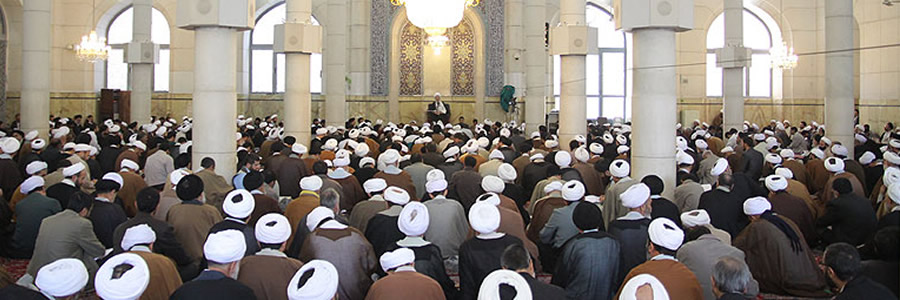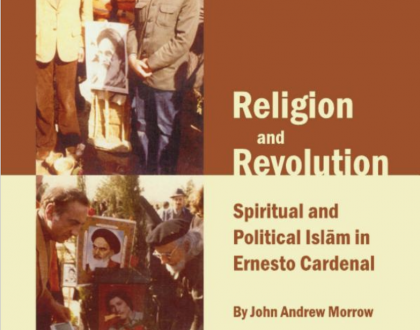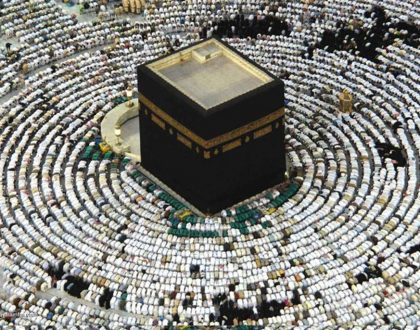Spirituality in the seminaries

In response to a request by directors of the Seminary Schools, in Iran, to receive money for building and purchasing numerous properties for the seminary cause, the late Imam Khomeini said: ‘…my stance – and I have uttered it repeatedly on previous occasions – is that I am against these extravagances; these are harmful to the seminaries. The criterion is Islam and education, which are in opposition to such excesses…’ Elsewhere he has categorically declared that however much money and buildings increase in this regard, studies and spirituality decline proportionally. After paying a visit to one of Qum’s leading seminary schools, a current marja’ (religious authority) said that ‘mujtahids will not arise from these marble staircases’.
Spirituality may be defined, in layman’s terms, as the theoretical and practical nurturing of one’s noble ethical traits. This is a rational must, whoever and wherever one is. Compromising on this is tantamount to compromising on one’s self. For seminarians, the path to acquiring such spirituality is, one can but expect, different to how non-seminarians proceed. The theological seminaries bear an incredibly rich, solid and dynamic tradition of almost 13 centuries, where students learn around ten subjects in great detail under the auspices of extraordinarily gifted, industrious and pious mentors who have acquired from mentors of their preceding generations a great degree of foresight and insight in their respective fields. All these subjects are pivoted around the objective of understanding God’s word and incorporating it personally as well as, ultimately, socially and globally.
On the theoretical side to spirituality, with each subject the student learns, doctrinal and ethical truths are elaborated for them in the most delicate of guises, talking to the heart in a particular language. When the student is studying morphology and is told that the root to all words is the gerund, the scaffolding to monotheism (tawḥīd) is being explained where the basis to all creation is God; and that there cannot be segregation between gerund and conjugation, they are in unity with one another. One emanates from another. All conjugations are the gerund, in dimension. When grammarians speak of words being classified into nouns, verbs and particles, the gnostic mentor with insight describes for the student that his/her path to God is that of wayfaring from being a noun (seeing oneself as wholly independent and limitless) to a verb (appreciating one’s limited nature, having a beginning and end) and reaching one’s objective in being a particle (acknowledging that one is nothingness, having nothing of one’s own and being wholly dependent on another) within the overall order of existence. The first clause of the first book of the first subject taught in the seminaries reads ‘the first step in knowledge is having gnosis of the all-Invincible One, and the last step is entrusting all affairs to Him’. Spirituality can’t be acquired in a day, week or month. It takes time. This applies even more so with the seminarian route.
This method is applicable to all the sciences of the seminaries i.e. in addition to paying utmost importance to the prima facie meanings and superficial dimensions of jurisprudence, exegesis and the like, the inner layers are just as, if not more, important. One cannot and should not confine one’s studies to either aspect; doing so is tantamount to one’s spiritual downfall according to Quranic dictates. The message and truth of the Quran is eternal, multi-dimensional and infinite. Confinement is meaningless. Believing in some parts or dimensions of the Book whilst hiding/distancing oneself from other parts and dimensions, leads but to disgrace, in this world and the Hereafter.
After ten years of covering the basic seminary sciences which ends with the labyrinthine hundred and fifty-year old text, in relation to the principles of jurisprudence, the student has access to enter the theoretical texts in gnosticism. The route has taken an important diversion. It’s only the beginning but what a beginning this is! And what can make you perceive what the beginning is? Maybe this remark from his Eminence, Ayatollah Hasanzadeh-Amoli – one of the leading urafa today – will help; he has written in one of his marginal notes to one of Mulla Sadra’s works:
“In reality, if it were not for the learning and teaching of the likes of Tamhid al-Qawa’id, Shawahid al- Rububiyyah, Khaje Tusi’s commentary of Isharat, Fusus al-Hikam and its commentaries especially Allamah Qaysari’s, Asfar, Misbah al-Uns, Shifa’ and Futuhat al-Makkiyah, the understanding of secrets that are concealed in traditions – which are the inner dimensions of the verses of the Quran – will not be feasible. In all truth, these aforementioned noble books must be deemed as esoteric interpretations for elevating one’s understanding of the Muhammadan message.”
Whilst all this is necessary, by no means may one suffice with it. Enter the practical side to spirituality. This stage also ought to start from the beginning and simultaneous to one’s basic studies. Here, one starts studying a list of practical ethical and spiritual books and treatises in order of ascending difficulty over the first ten years. These include the works of the likes of sheikh Bahai (d.1621), ibn Fahd al-Hilli (d.1437) and Sayyed Ibn Tāwūs (d.1266). The critical point during all this time is that one undergoes this ethical-mystical protocol under the supervision of a mentor. Here, it is the mentor who teaches one how the Prophet would have behaved in x, y or z scenario and one wants to simulate the Prophet through the words of such a mentor. Students would follow them, dine with them, learn from them, sleep at their home, observe how they speak with friends and foes and, in short, see how they behave with humans (and even animals and plants and the surrounding environment in general). This model – which has its roots traced back to the time of the Prophet – is based on the life of the eminent gnostic Mulla Husayn-Quli Hamedānī (d.1894). The latter’s students would sleep outside the mentor’s house. Once you find a proper manifestation of Prophetic attributes, how can one keep oneself away? It is narrated that a man was wandering helplessly in total bewilderment amongst the masses in a bazaar in Iraq. A passer-by asked the people ‘who is this perplexed one, who is haphazardly walking and shifting from left to right in total disorder and confusion?’ He was told: “Just ignore him, he has just come out of one of Mulla Husayn-Quli Hamedani’s lectures on ethics” That is the effect a true mentor can have. Total intoxication!
Recent Posts

Book Review: Religion and Revolution: Spiritual and Political Islām in Ernesto Cardenal
December 16, 2018

Hajj: an inner call to all (Part 2)
July 25, 2017

Hajj: an inner call to all (Part 1)
July 25, 2017
